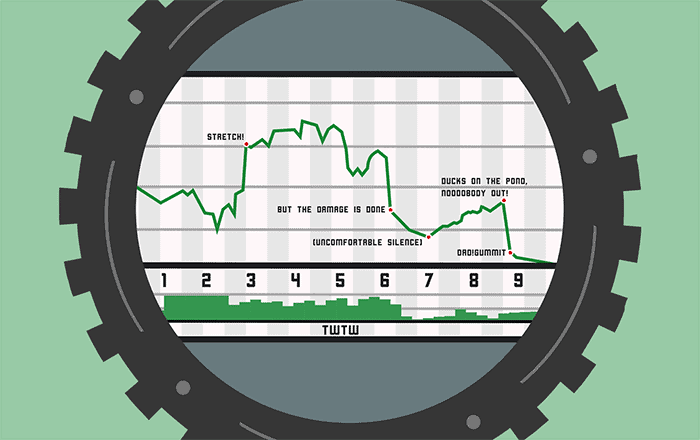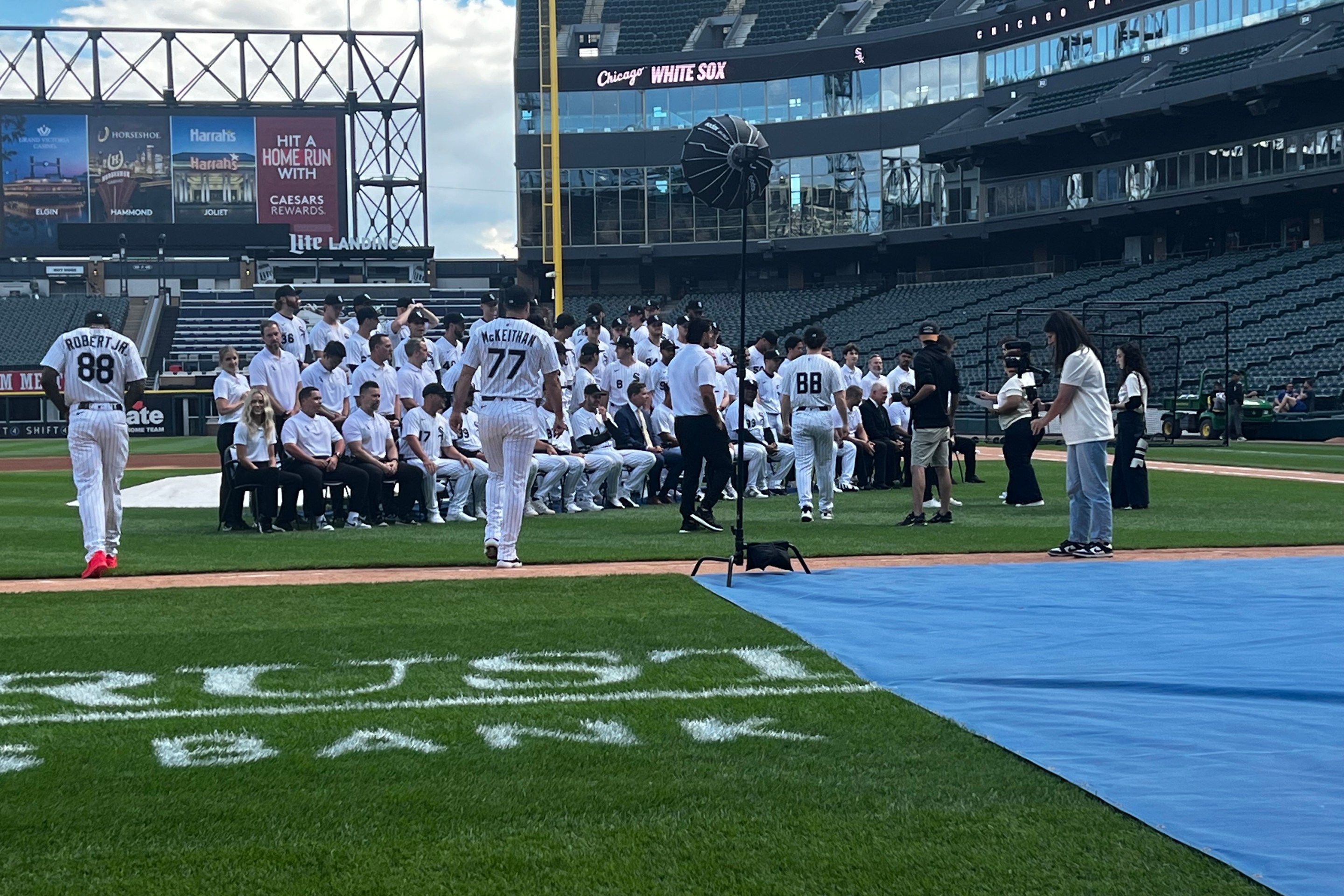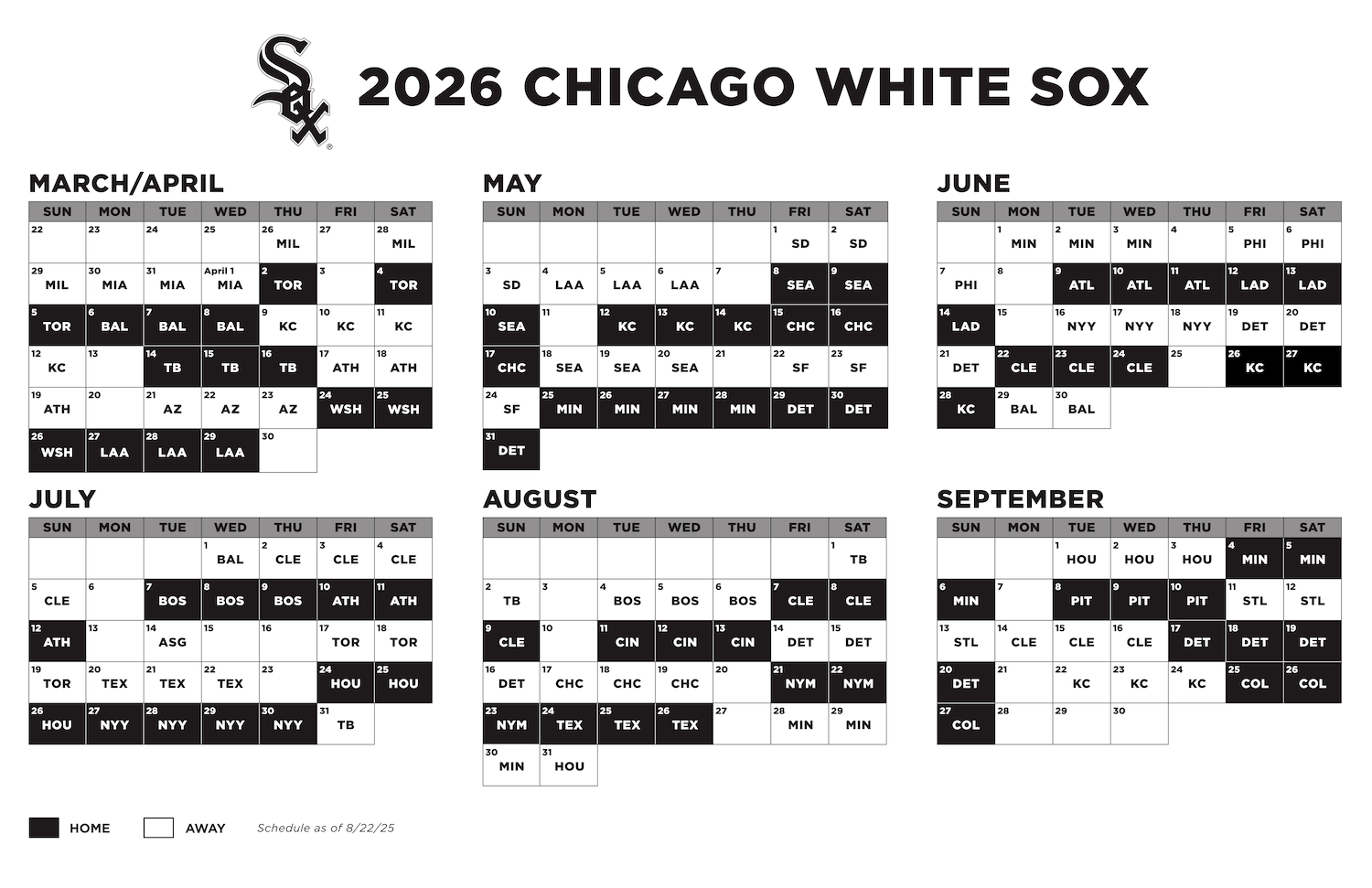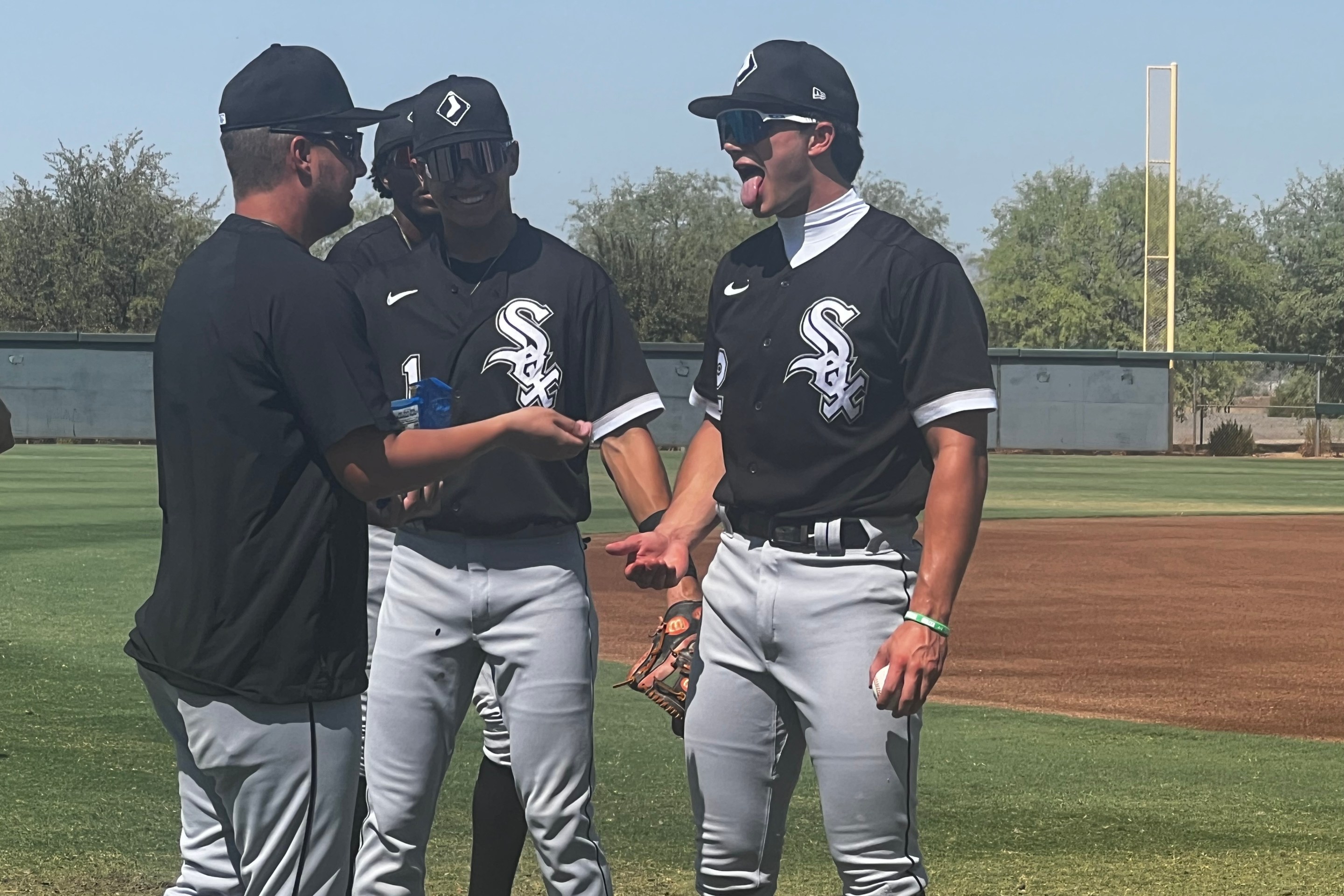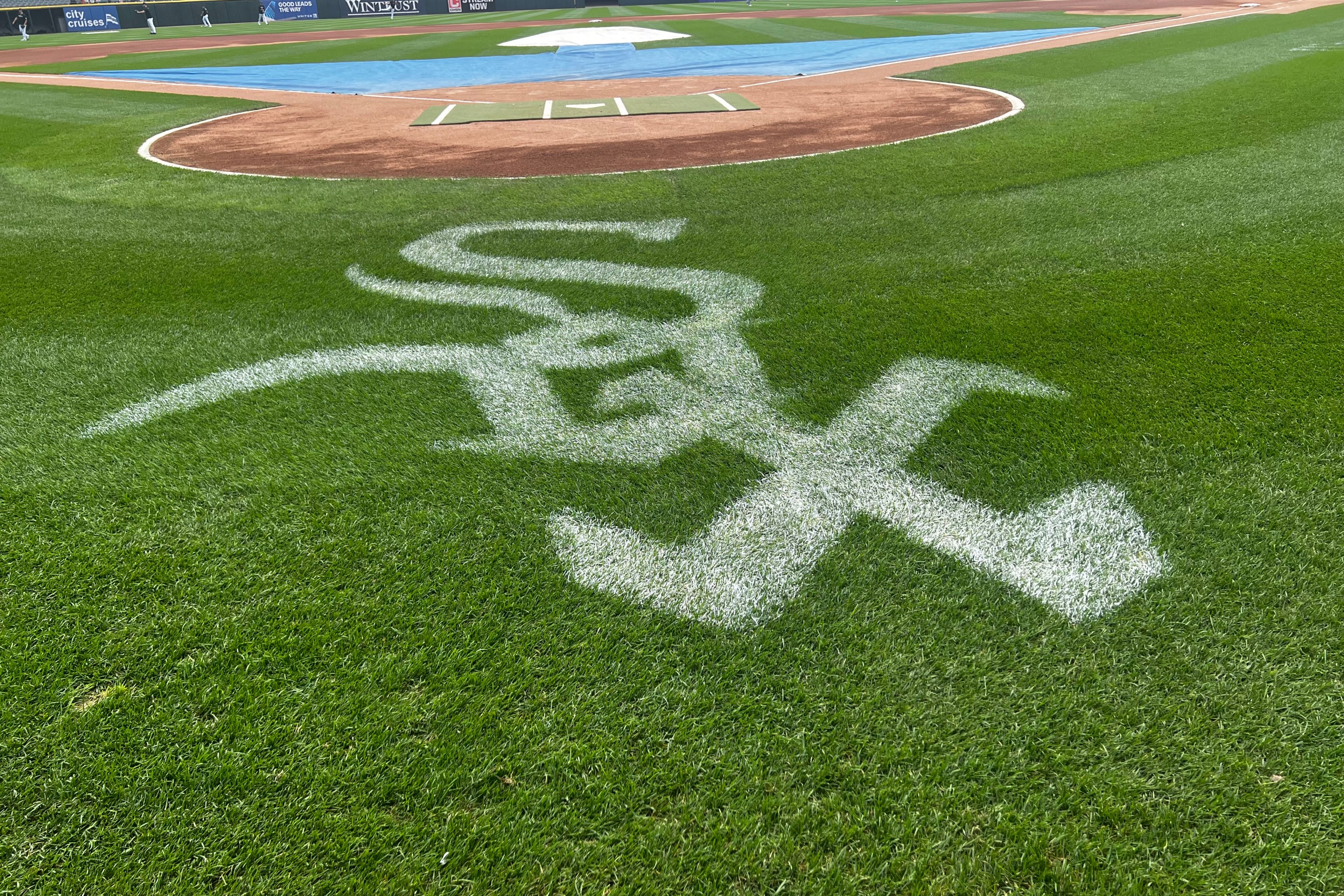Zach Remillard didn't exactly do it all in his MLB debut on Saturday, but he did at least one thing as well as possible.
He reached base. Then he reached base again. Then he reached base again. Then he reached base again.
He walked, then he hit three singles. The second of those singles tied the game in the ninth, and the third of those singles put the White Sox ahead for good in the 11th. The White Sox hung on to beat the Mariners 4-3, and every plate appearance nudged the Sox toward turning the tables in a close game.
It's hard to think of somebody who did so much in the clutch to start a career, and so I was willing to take the White Sox's tweet about it for granted.
I usually take the bureaus' words for it because mining such information is why they exist, but when I looked up how many peers Remillard had for clutchness in an MLB debut, I found another game that rivaled his performance in those specific criteria.
On Sept. 7, 1939, Maurice Van Robays made his debut for the Pittsburgh Pirates, batting cleanup for a lineup that featured four Hall of Famers (although only two deserved it). He went 3-for-6, and two of those hits seem to match the criteria in the tweet:
Ninth inning: Singled home Arky Vaughn to tie the game at 6.
11th inning: Walked off the game with a single that scored Vaughn, and Bob Elliott after the throw home went awry.
Perhaps Von Robays' hit didn't surface as an equivalent to Remillard's in the eyes of STATS because Von Robays isn't credited with the RBI for the game-winning run. But, in the eyes of Win Probability Added, it counts as the hit that changed the game state in Pittsburgh's favor for good, which is why he stands alone for WPA in an MLB debut.
| Player | WPA | Date | Line |
|---|---|---|---|
| Maurice Van Robays | 1.022 | Sept. 7, 1939 | 3-for-6, 2B, 2 RBI |
| Zach Remillard | 0.745 | June 17, 2023 | 3-for-3, BB, 2 RBI |
| Mark Quinn | 0.715 | Sept. 14, 1999 | 3-for-4 2 HR, 2B, 4 RBI |
But Remillard finishes second, and only has one other peer for wasting no time in making an impact.
Mark Quinn was briefly a thing because of the way he played during his September call-up, adding excitement to an outfield that also included Carlos Beltrán, Johnny Damon and Jermaine Dye. He's also remembered for the 241-PA walkless streak that caused Kauffman Stadium to set off fireworks when he finally drew ball four.
Among MLB debuts in White Sox history, Remillard has no equals. Johnny Callison comes closest, having gone 3-for-3 with two doubles and a walk back on Sept. 9, 1958, but he only drove in the tying run, and in the sixth inning.
The other thing that's notable about the other games mentioned here is that they all came in September for teams going through the motions. You may think some of the White Sox are guilty of the same in June, but Remillard's game kept them within 5½ games of the first-place Twins with 3½ months to go. Chances are we'll look back at this game as a pleasant diversion from an otherwise moribund season, but we can't say that for sure as it's happening.
And pleasant it was, because Remillard is somebody who had worked as hard as anybody for this moment. He'd played 694 minor-league games over seven seasons and eight years, surviving the pandemic despite being 27 and without success above A-ball on the other side of it. He reached minor-league free agency after last season but returned to the White Sox as a non-roster invitee, and the mutual faith has been rewarded.
There's been a lot of praise about his makeup, his determination and his work ethic, and Pedro Grifol singled it out after the game:
‘‘That’s who he is,’’ Grifol said. ‘‘He’s a winner; he’s a baseball player. I saw it all spring. And he didn’t disappoint. There’s something to be said about somebody who has played as long as he has and been in the minor leagues for a while and has that desire, will and heart to be a big-leaguer. Makeup like his takes you a long way.”
The thing that's stuck out to me about Remillard over the years -- besides the fact that he was born in Cohoes, played his high school ball in Troy, and spent a summer with the Albany Dutchmen -- is that it's hard to think of another guy who's made himself so useful. He's played every position besides pitcher and catcher. He can draw walks. He runs the bases well. He stays healthy. His success when bat meets ball comes and goes, but he figured out how to make it besides the point, both at the minor-league level and spring training.
This year might illustrate that better than any others. When the White Sox called him up to replace Yoán Moncada on the 26-man roster, he'd been hitting .236/.344/.354 with Charlotte, a big drop-off from a career year in 2022 (.280/.373/.400). But he'd played seven positions, stole 13 bases in 14 attempts, and drew 33 walks in 59 games. He's always around to give his manager and his organization a feasible option when attrition strikes, and that can go a long way.
That's how he got to Chicago. Moncada's out with a back problem, Romy González has a shoulder issue, and so does Tim Anderson, apparently. It was the stated reason for his early exit, although if Grifol just grew tired of Anderson's mistakes after the blunder on the run-and-hit in the third inning, there Remillard was, hanging around as A Guy You Don't Hate Seeing, and that put everything in motion.
The only difference is that results now matter more than they ever have, at least for somebody who can be freely optioned to Charlotte. If you're looking at Remillard's numbers, you probably shouldn't expect much more lightning, but if you're extrapolating his track record of finding ways to be helpful, he might just have staying power.
Now, if only Grifol could learn how to read the room.
You really don't, Pedro. We've all being seeing it.
DID YOU KNOW: Maurice Van Robays is credited with creating the term "eephus pitch"?
After the game, [Rip] Sewell's teammate Maurice Van Robays was the first to coin the pitch an "eephus." Reporters asked what that meant and he said, "Eephus ain't nothin, and that's a nothing pitch." (Efes is actually how it's spelled in Hebrew.)

